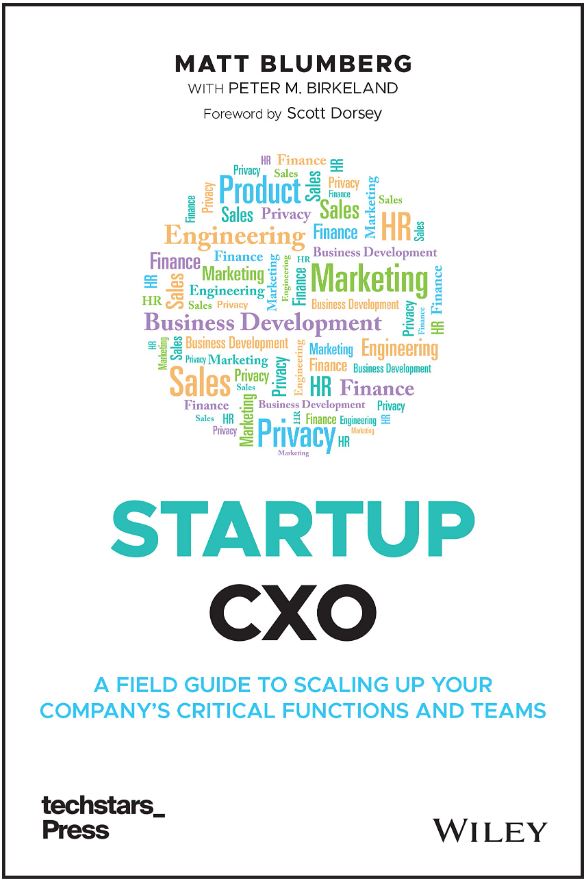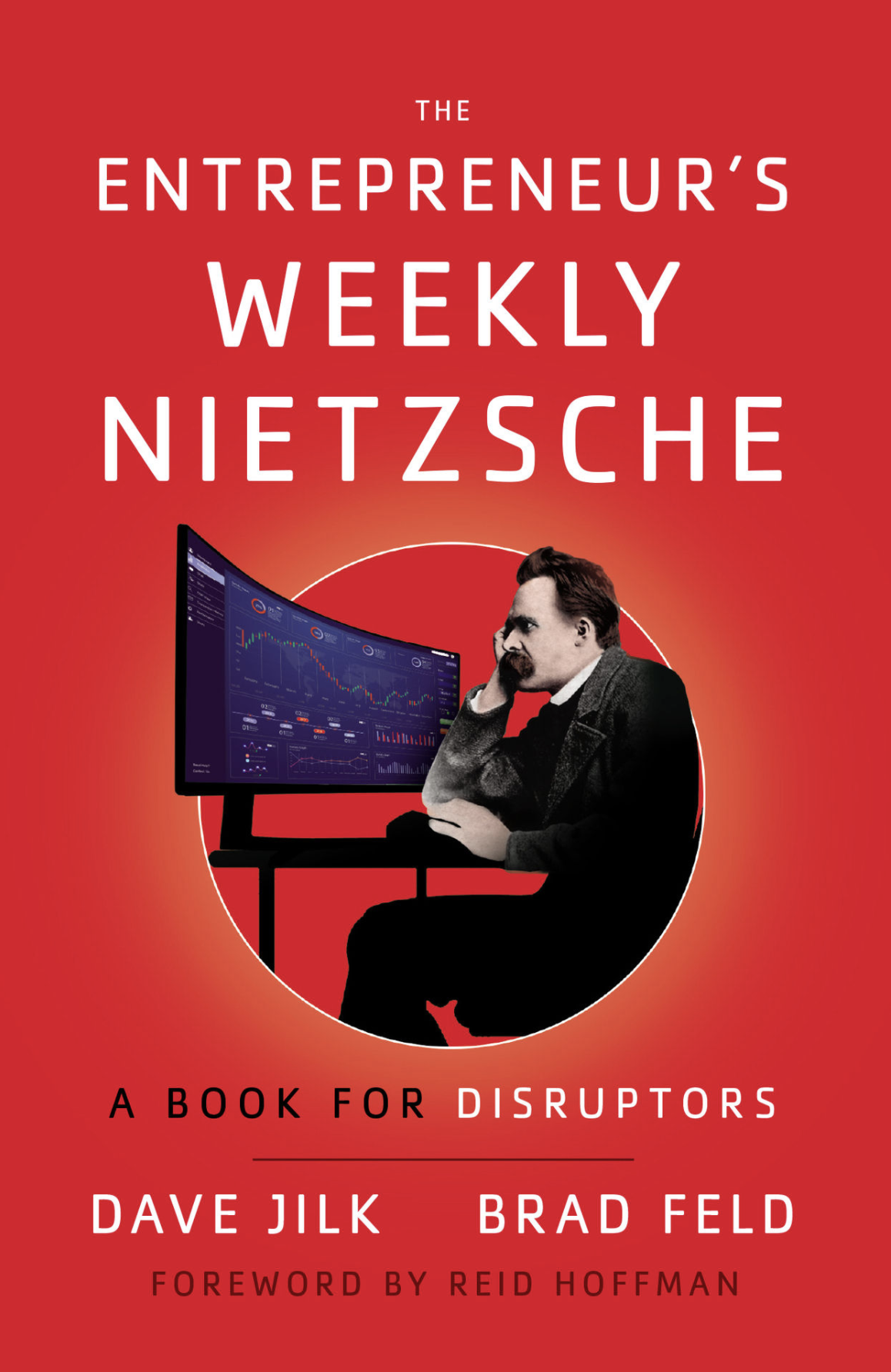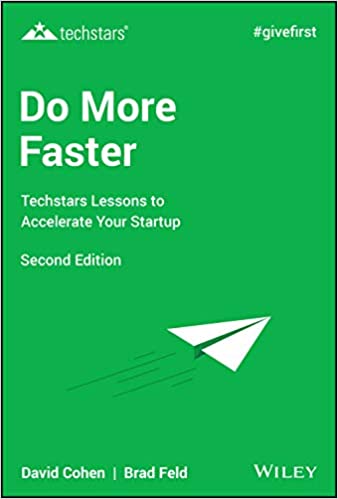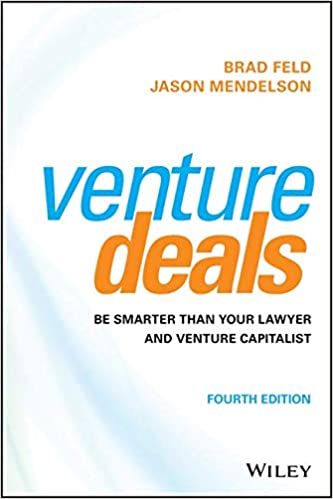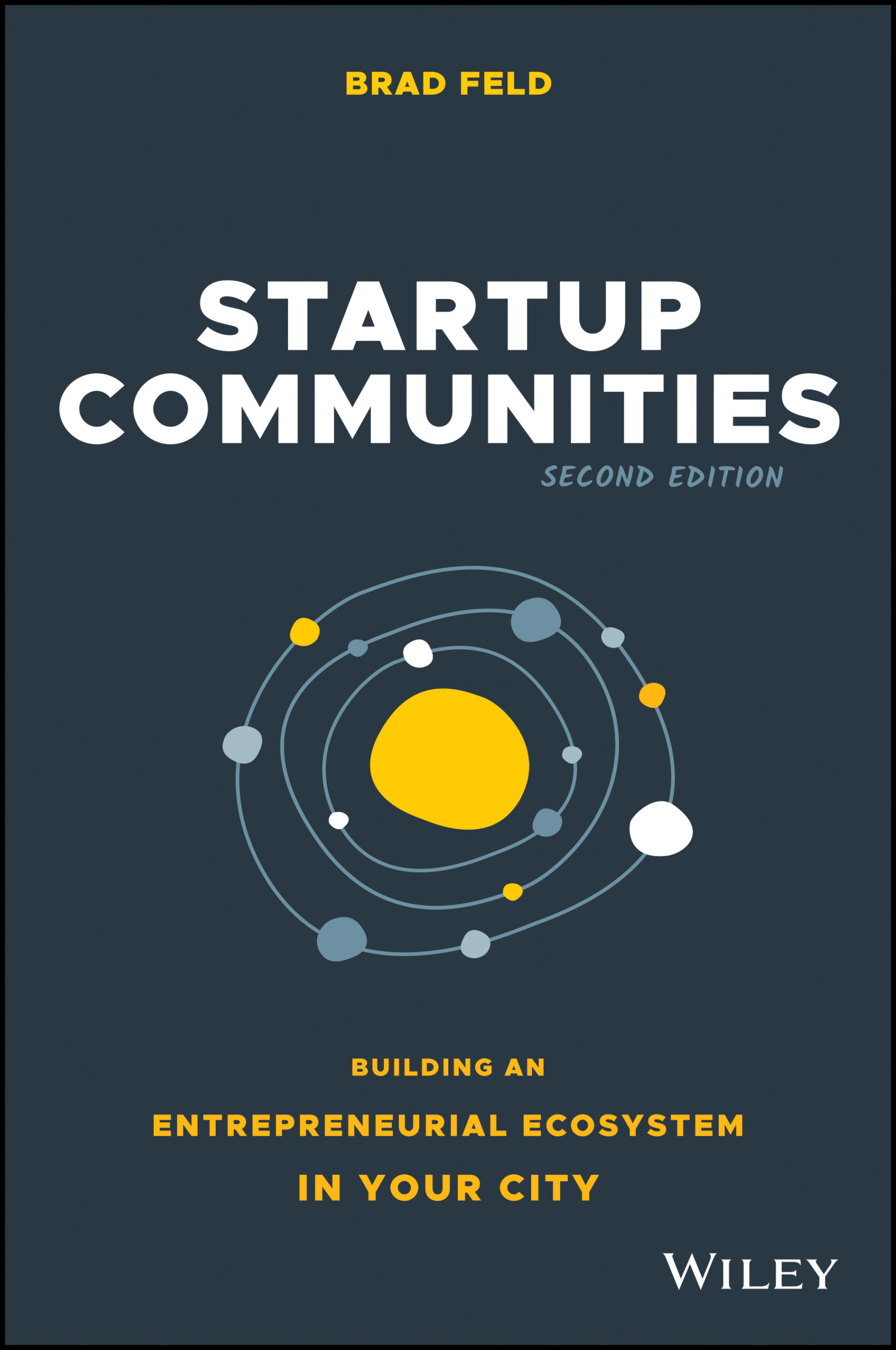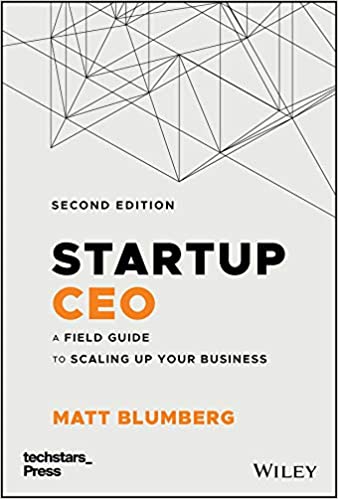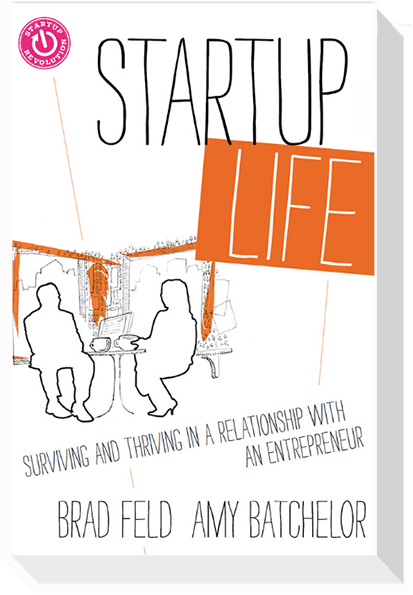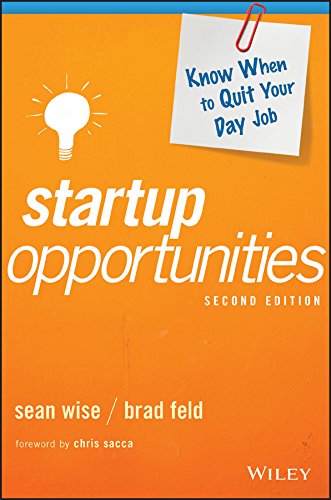Show Time: Disciplined Entrepreneurship Book Premiere In Boulder
Guest Post By Bill Aulet – Martin Trust Center For MIT Entrepreneurship – (Managing Director)
 Friday, July 19 was show time. To use Malcom Gladwell’s Outliers metaphor, I had gotten my 10,000 hours of experience in developing and talking about disciplined entrepreneurship from my experiences founding and running multiple companies plus teaching at MIT and in Scotland, Quebec, Romania, the beer halls of Berlin, etc. It was time to lift the curtains for the U.S. premiere of Disciplined Entrepreneurship: 24 Steps to a Successful Startup. The location was appropriately Boulder, Colorado, and the MC for the event was Brad Feld.
Friday, July 19 was show time. To use Malcom Gladwell’s Outliers metaphor, I had gotten my 10,000 hours of experience in developing and talking about disciplined entrepreneurship from my experiences founding and running multiple companies plus teaching at MIT and in Scotland, Quebec, Romania, the beer halls of Berlin, etc. It was time to lift the curtains for the U.S. premiere of Disciplined Entrepreneurship: 24 Steps to a Successful Startup. The location was appropriately Boulder, Colorado, and the MC for the event was Brad Feld.
The first thing I noticed at the event was that the window of opportunity for high-quality entrepreneurship training is definitely ready to be seized. There were over 150 people in attendance and not an empty seat in the house. One participant told me that he had difficulty singing up online; not to be deterred, he showed up anyway, for which I gave him kudos. The first rule of entrepreneurship is that you should consider all rules optional.
My next observation was that Boulder was an ideal place for the premiere because it has a sophisticated entrepreneurial ecosystem , as well as a compassionate community. The participants were very comfortable interacting on the material in the presentation in an intelligent and constructive manner.
Brad Feld was terrific in putting the event in context and supporting the launch of the book. In fact, during our public panel, he communicated some points of the book in a clearer and more concise fashion than I had in my earlier talk. Hence, as is always the case but even more so based on Brad’s broad experience, I learned some great points to keep in mind for future events.
Brad made sure to emphasize that the 24-Steps framework outlined in my book was not THE only formula to starting a company, but rather a valuable construct that helps provide some structure to a difficult process. He noted that there have been many successful entrepreneurs who followed a path that covered some but not all of the steps, and while they likely would have been better off with the framework as a reference, they did not fail in its absence.
Entrepreneurs should alter and improve on the construct, rather than feel constrained by it, Brad said. I could not agree more. As I often remark, Albert Einstein once said “seek simplicity and distrust it.” The question is not whether the 24 Steps framework is precisely correct, but rather if it is useful. We need to keep that in mind and also seek to improve it over time. I am sure that this framework could and will be improved. As I always remind anyone who works for me, in the search for truth, consistency comes in second.
The Q&A brought out some great questions and interesting points, some of which I felt were due the brevity of my presentation. A great question came from an attendee named Eric, who had founded a robotics company for children. He posed the following question in such a nice way: “I chafe at the idea that I should have only one persona. Isn’t that limiting?” I completely understand this feeling and the question. As I have learned from teaching this for years now, the concern people have about limiting their options will not go away easily. But as Professor Daniel Ariely, formerly of MIT and now at Duke, explains in his book Predictably Irrational, people often tend to keep their options open even when it results in a worse outcome. (You can learn morefrom this New York Times article.) Entrepreneurs love to select markets, but to achieve better outcomes through disciplined entrepreneurship, they must also be willing to deselect markets and focus on one. In Montreal the day before, I was reminded by Mike Petsalis that the late Steve Jobs once said, “I’m as proud of what we don’t do as I am of what we do.” Well said.
All in all, the premiere in Boulder was a milestone day in a wonderful place, and many thanks to those who made it happen – Rally Software, Brad Feld, Dane McDonald, the great folks of the Boulder startup community who spread the word, and all the participants who showed up and provided energy, support and feedback to premiere Disciplined Entrepreneurship in the USA. Onward!
********************************************************
A few observations about Boulder from the 1.5 days I spent in town:
- Quality of Life as a Magnet: What a place. I can see why people want to live in Boulder.
- Size vs. Friction II: My stay there reminded me of another piece I wrote (soon to be published) on “Size vs. Friction in Entrepreneurial Ecosystems” comparing Istanbul and Amsterdam. What makes Boulder so successful is the very low friction in the ecosystem. I experienced this when Brad gave me a tour of Boulder mostly on foot. We were able to experience a wide variety of companies, accelerators and co-working spaces in a very short period of time, without having to expend too much energy.
- Value of Random Collisions: In walking from place to place, we had multiple incidental collisions with people on the street including Elon Musk’s brother and at least a dozen others involved in the entrepreneurship community. Totally unscheduled and really valuable chats. After the book premiere, two of the speakers at the event, Nate Hindman and Joe Epstein ofthe Free Enterprise Tour, aka “Crazy Entrepreneurship Across America Tour,” went out to lunch and were amazed that more than a few people came up to them and commented on the morning’s program and provided feedback.
- Need for Infrastructure and Agent: As I have grown to appreciate, you need both infrastructure and a human agent to make a community work. Boulder has some great advantages to build an entrepreneurial community, but it is essential to have a credible agent to be the glue to pull it all together. When people focus on the physical, financial, academic, government and other elements of the system behind a thriving entrepreneurial community (the Boulder Thesis), it can be easy to miss the special flexible glue that makes it happen, that makes connections and adjustments in real time. For Boulder, that agent is Brad Feld because without him, the Boulder thesis does not exist and the entrepreneurial community of Boulder would not be anywhere near as robust as it is now.
- Maybe We Should Look Back More & Appreciate: In my final hours in Boulder, I raced up the hiking trails of Chautauqua trying to climb as high as possible in the picturesque Flatiron Mountains. It was a great, exhausting hike/run up and I kept looking at the challenge and beauty of the Flatirons – very motivating. A few times, I even stopped to take pictures on my phone. (I would have made it to the top if not for the need to catch a flight at noon.) But when I turned around to head back, I was taken aback by the incredible view of Boulder and how far I had come on that hike. I hadn’t even realized it. I was so focused on conquering the Flatirons, I never looked back and appreciated the view and what wonderful rewards there were to be enjoyed by completing the hike. Reminds me of us entrepreneurs in that we are driven and love the challenge of climbing the mountain, but do we step back and appreciate and celebrate our successes along the way enough to enjoy it as much as we should? Almost surely, no.

Bill Aulet
Managing Director, Martin Trust Center for MIT Entrepreneurship
Senior Lecturer, MIT Sloan School of Management
Chairman, MIT Clean Energy Prize
Bill Aulet is the managing director in the Martin Trust Center for MIT Entrepreneurship at MIT and also a senior lecturer at the MIT Sloan School of Management. The center is responsible for entrepreneurship across all five schools at MIT starting with education but also extending well outside the class room with student clubs, conferences, competitions, networking events, awards, hackathons, student trips and most recently accelerators. He teaches at least three different classes per year (introductory to advanced entrepreneurship classes) in addition to his responsibilities of running the center. His work has won numerous awards and most recently, in April 2013, Bill was awarded the Adolf F. Monosson Prize for Entrepreneurial Mentoring at MIT.

